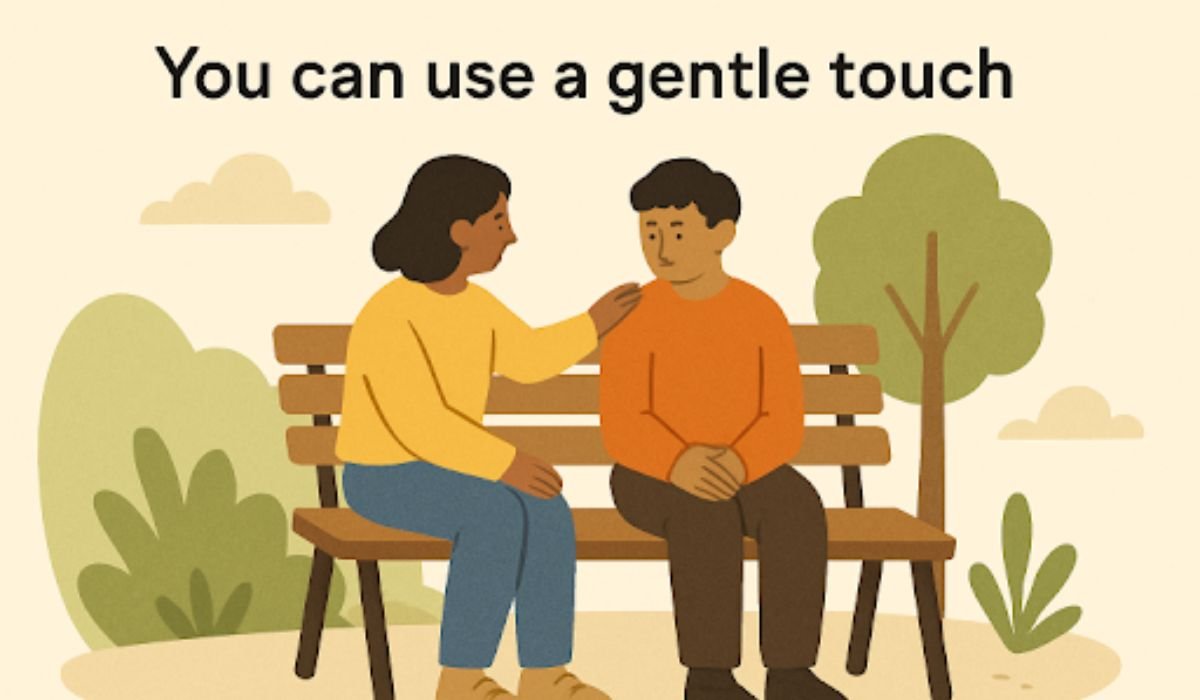Introduction to Cognitive Behavioral Therapy
Cognitive Behavioral Therapy (CBT) stands as a cornerstone among psychotherapeutic techniques, lauded for its structured yet flexible approach to tackling a myriad of mental health issues. Rooted in the concept that our thoughts critically influence our emotions and behaviors, CBT provides individuals with robust strategies to dismantle these often debilitating thought cycles. CBT has repeatedly demonstrated its efficacy in achieving substantial positive change by concentrating on present issues and working collaboratively with clients to develop concrete goals. This approach underscores the idea that modifying one’s thinking patterns can lead to significant behavioral transformations, facilitating improved emotional responses and overall life satisfaction. As our psychological understanding evolves, so does the integration of therapies like CBT, which prioritize equipping individuals with the tools to regulate their mental frameworks effectively. Learn more about how CBT can be a foundational element in modern therapeutic practices, fostering sustainable mental wellness.
The Flexible nature of CBT transcends various settings, making it adaptable to personal and group therapy contexts. This versatility is part of what has rendered CBT a preferred therapeutic modality among a diverse client base, including individuals dealing with stress, anxiety, depression, and more intricate psychological challenges. The model’s applicability and success in promoting mental health recovery further affirm its status as an indispensable tool in recovering and maintaining psychological well-being.
Understanding the Core Principles of CBT
The fundament of CBT rests on the premise that psychological problems stem, in part, from erroneous or distorted patterns of thinking and embedded behavioral responses. By engaging clients in structured sessions, CBT practitioners guide them in recognizing and reshaping these negative thought processes. This therapeutic journey involves the client actively challenging their assumptions and belief systems that govern behaviors, thus initiating a transformation toward more constructive cognitive patterns. Numerous individualized CBT methodologies target specific conditions—from phobias to obsessive-compulsive disorder—each crafted to dismantle the mental constructs that perpetuate the disorder. These diversified approaches cater to unique psychopathologies, ensuring therapeutic interventions are both relevant and effective for clients.
Such tailored techniques emphasize evidenced-based practices, ensuring clients recognize and gain control over the intricate interplay between their thoughts, emotions, and behaviors. This emphasis on empowerment and practicality has fortified CBT’s reputation as a leader in cognitive therapies.
Applications of CBT in Everyday Life
Beyond clinical sessions, the principles of CBT have wide-ranging applications that extend into everyday life. This real-world utility empowers individuals to harness CBT techniques as part of their daily routines, enhancing personal development and fostering resilience. Journaling, for instance, serves as a reflective tool, allowing individuals to track their thoughts and pinpoint emotional triggers. This practice assists in cultivating self-awareness and promoting openness to cognitive restructuring. Meanwhile, cognitive restructuring teaches individuals to scrutinize and modify irrational or exaggerated thought patterns, fostering a more balanced and realistic perspective that leads to improved emotional regulation and behavioral choices.
- Journaling: Enables a reflective space for recognizing and documenting emotional and cognitive trends.
- Cognitive Restructuring: Encourages the reevaluation and reframing of errant thoughts to support mental equilibrium.
- Relaxation Techniques: Incorporates methods like deep breathing and mindfulness, which sustain mental clarity and stress reduction.
By applying these techniques, individuals become equipped to manage stress more effectively, improve communication in relationships, and navigate life’s complexities more easily, underscoring CBT’s value beyond traditional therapy settings.
Scientific Evidence and Case Studies
The empirical success of CBT is bolstered by a substantial body of research, underscoring its effectiveness across a range of mental health disorders. Numerous studies highlight significant improvements in symptoms of anxiety, depression, and other mood disturbances following structured CBT interventions. These findings have established a strong foundation for CBT’s widespread adoption as a first-line treatment option. A comprehensive study published in nature provides extensive evidence supporting the efficacy of CBT, elucidating its ability to bring about meaningful and lasting psychological benefits. Such research reinforces CBT’s prominent role within the spectrum of mental health therapies, attesting to its capacity to support diverse populations in achieving healthier mental states.
The growing repository of case studies encapsulates CBT’s versatility and effectiveness, offering nuanced insights into its application across different cultures and healthcare systems. These documented successes affirm CBT’s enduring influence and adaptability within modern psychological practice.
The Rise of CBT Through Digital Therapy Platforms
As technology continues to reshape modern life, the intersection of CBT with digital platforms marks a significant development in mental healthcare accessibility. Digital therapy platforms have made CBT more accessible, particularly for those who may face geographic or scheduling obstacles in attending in-person therapy. These platforms offer diversified resources—from live video counseling to interactive mobile applications—catering to the growing demand for flexible, self-paced mental health support. The rise of digital CBT platforms exemplifies the fusion of traditional therapy with modern technology, helping demystify mental health treatment for broader audiences. By democratizing access to quality mental health care, these digital innovations promise an inclusive future where anyone, anywhere, can access effective therapeutic interventions at their convenience, particularly appealing to digitally native younger generations.
Training and Certification for CBT Practitioners
CBT practitioners undergo an intensive training and certification process that ensures a standard of excellence across the board. This extensive training covers many essential competencies, from mastering CBT’s core methodologies and therapeutic techniques to adhering to ethical standards and understanding psychological assessment and diagnosis. Such rigorous protocols ensure that therapists are proficient in providing evidence-based care that meets clients’ diverse needs. The importance of constant professional development cannot be overstated in equipping CBT practitioners with the latest insights and interventions, thus perpetuating high-quality therapeutic experiences that are both ethical and effective. Through credentialing and continual training, the field of CBT maintains its status as a trusted and refined method for promoting mental wellness in clinical settings and beyond.
Future Perspectives in CBT and Mental Wellness
As societal awareness and dialogue around mental health continue to expand, CBT is poised to adapt and evolve with these changing dynamics. Innovations in digital therapy are beginning to open new pathways for accessible mental health care, integrating seamlessly with contemporary lifestyle demands. Continuing research and development are vital to understanding how CBT can be further refined and personalized, ensuring it remains an effective and sustainable treatment option aligned with future therapeutic challenges. In this evolving landscape, CBT’s core strength lies in its ability to adapt and meet individuals’ nuanced needs, reinforcing its importance in fostering holistic mental health practices worldwide.











